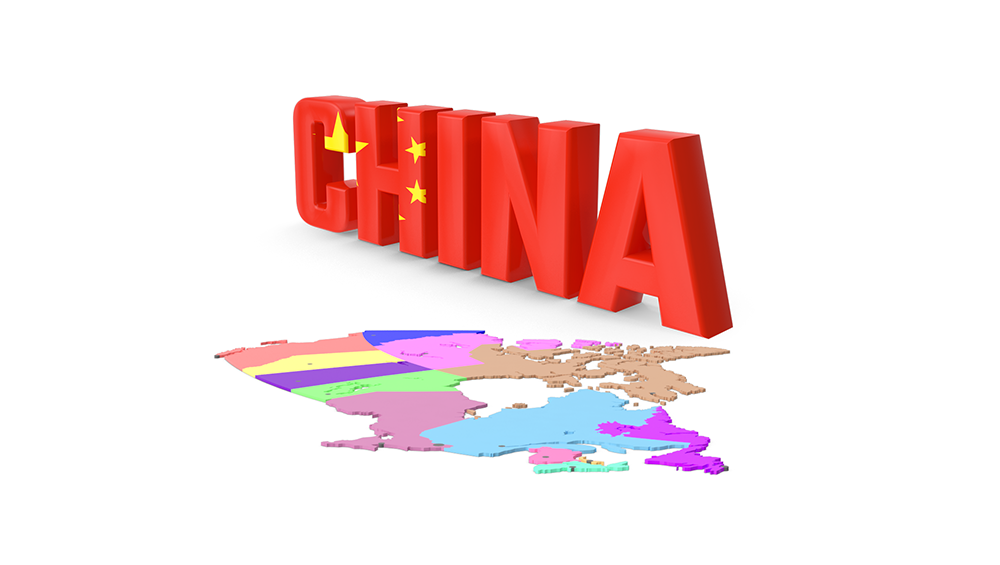The first free-trade agreement between China and Canada appears all but dead, derailed by a diplomatic dispute. Insofar as gains from trade are not realized, Canadian consumers and entrepreneurs will suffer.
Despite the gravity of Beijing’s many wrongdoings, trade should still proceed between innocent private parties. The opposite tack—broad impediments to trade, even if already in place—is a de facto economic sanction. Tempting as a bargaining chip, sanctions are blunt, costly instruments. They amount to an act of war, a last resort to be targeted with utmost caution at wrongdoers.
Although the current Huawei dispute is an insufficient justification, the telecommunications manufacturer would not be the protagonist without the prevailing managed-trade paradigm. Even if advertised as free trade, the weeds of the slated agreement with China reveal central planning that necessitated drawn-out negotiations. The delays kept a liberal trade regime from already being in place.
Both sides are culpable in this politicized overreach, which predated the arrest of Huawei Chief Financial Officer Meng Wanzhou by Canadian law enforcement. Exploratory talks began in 2016, but the parties kept placing obstacles in the way.
In 2017, for example, disagreements arose when Canadian representatives inserted gender, labour, and Indigenous rights into the trade agenda. The objective of free-trade agreements is supposed to be commerce and increased prosperity for the nations participating, not a social agenda and cultural assimilation. Human-rights violations and other grievances have their own channels for resolution.
The Downward Spiral of Hostage Diplomacy
The Chinese then started a fisticuffs after the United States requested the extradition of the Huawei CFO over alleged wire and bank fraud. Upon Wanzhou’s detention in Vancouver, the Communist Party of China retaliated by arresting three Canadians on bogus espionage charges. The Chinese also upgraded a drug-trafficking sentence on another Canadian from 15 years imprisonment to capital punishment.
In fact, since Wanzhou’s arrest, at least 13 Canadian citizens in total have been detained in China. Canada’s ambassador, John McCallum, told reporters this week “We are certainly not negotiating free trade with China either before or after this.” The Trudeau cabinet’s priority is releasing the detained Canadians and securing clemency for the one on death row.
At stake are $7.7 billion in new exports and 25,000 potential new jobs across the economy, according to a 2016 estimate by Dawson Strategic and Ciuriak Consulting. The joint paper projects that new trade would increase Canada’s GDP by $7.8 billion by 2030. China is Canada’s second export destination after the United States, and the Prime Minister’s aim has been to double agricultural exports to $75 billion by 2025.
Standing Up to Communists
Critics of free trade with China are correct when they point out that politics and economics there remain deeply intertwined. As in many one-party nations, such as Cuba, the challenge is deciphering where the public sector ends and the private sector begins.
In a recent interview with the BBC, Huawei founder Ren Zhengfei confirmed that the firm has Communist Party operatives in it. Its former chairwoman, Sun Yafang, worked for the country’s intelligence agency before joining Huawei. Zhengfei himself used to be deputy director in the army’s Information Engineering Academy, although he claims he no longer has ties to the government and would refuse to create backdoors for it.
An intelligence law passed in 2017 created wide-ranging obligations for Chinese and foreigners to “support, assist, and cooperate with state intelligence work.” The law clarifies that intelligence agencies “may demand that concerned organs, organizations, or citizens provide needed support, assistance, and cooperation” with the threat of prosecution.
After years of probes and scandals, the governments of Australia, New Zealand, and the United States have cut off Huawei and other Chinese firms from their tech infrastructure, citing national-security concerns. Japan and Canada are considering similar bans. US General Michael Hayden, a former CIA and NSA director, assures everyone that the Chinese firm spies for Beijing.
Many Chinese firms do Beijing’s bidding, even if they do not want to. On the Canadian end, the predicament is how to maintain security without harming commerce. In documented instances, federal officials have grounds to protect national security and block government contracts with culpable firms. There may also be cases that merit prosecution—such as with organized crime or theft of trade secrets—but this need not impede other private firms from regular trade.
China Must Adapt
While Canada should back off from anything other than liberating commerce in trade agreements, China must understand that she has to take the rules of liberal democracy seriously.
If there is an arrest warrant or extradition request on a Chinese citizen, law-enforcement officers have a duty to execute it. The separation of powers and the rule of law might be a façade in China and other developing countries, but Canada has a proud legal tradition that merits defending.
Canadian officials first sent mixed messages about the arrest of the Huawei executive, but they have since taken credible steps to ensure this is not a politicized arrest. The courts should be allowed to do their jobs, just as entrepreneurs should be able to do theirs.



